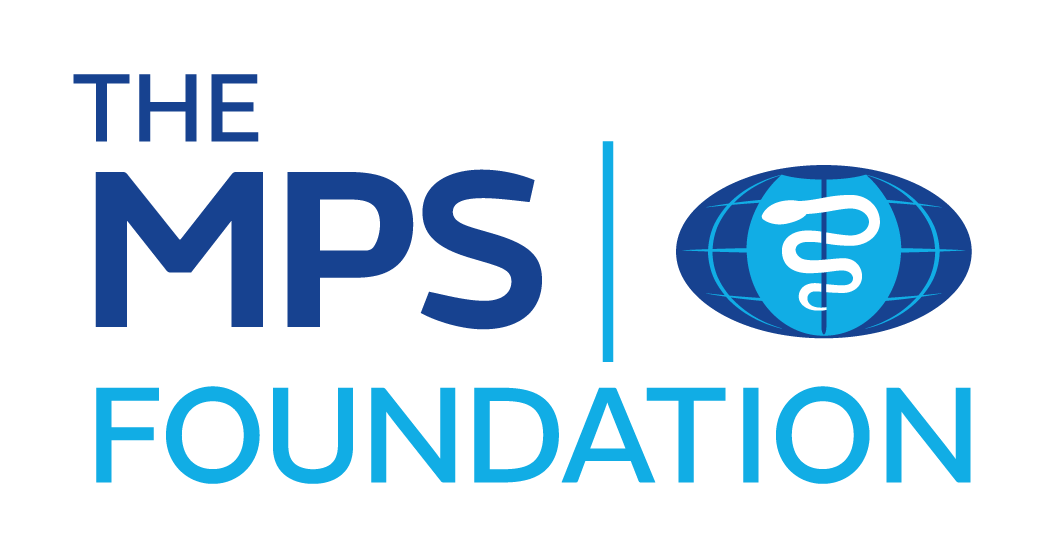Our Priorities
Our priorities for 2024 is research focused upon:
- The impact of human factors on patient care, safety, outcomes, and risk
- The impact of processes and delivery models on patient care, safety, outcomes, and risk
- The wellbeing of Healthcare Professionals and Teams
- The impact Digital integration and technology on patient care, safety, outcomes, and risk
- The evaluation of the effectiveness of teaching and learning innovations and its impact upon patient care, safety, outcomes, and risk.
Outlined below are some indicative areas that we are interested in receiving research proposals, however, this is not exclusive. If you want to discuss your proposal with The MPS Foundation team please email info@thempsfoundation.org and someone will contact you.
1. The impact of human factors
We are interested in researching the impact people and teams have on patient care, safety, outcomes, and risk, including:
- Communication:
- Communication between patients and healthcare professionals
- Causes of communication breakdown
- Patient involvement in decision making
- How to manage patients’ expectations
- Improving patient voice in delivering healthcare
- The impact of the media (both positive and negative) and the public perception of health care professionals.
- Consent:
- The use of third parties in obtaining consent
- Obtaining consent in remote working
- The impact of leadership and leadership styles on patient safety and risk
- The impact of culture
- Generational differences in response to risk and its impact on patient safety, culture, and attitudes to risk
- The modern perception of professionalism and its impact on patient safety
2. The impact of processes and delivery models
We welcome research into the effects of process and compliance on delivering healthcare, including:
- the effective use of clinical registries
- the impact of incentivisation on healthcare professionals and patient care, outcomes, and risk
- the impact of new roles, responsibilities, and functions within healthcare and the implications for quality assurance and risk management
- the impact of clinician mobility, effective risk management, and quality assurance of healthcare
- professionals who transfer from one healthcare system to another
- private hospital governance
- building system resilience.
3. The wellbeing of Healthcare Professionals and Teams
The personal and professional wellbeing and development of healthcare professionals and teams remains our priority. For this reason, we’re interested in research that recognises and addresses the following:
- burnout, resilience, and self-awareness
- the need for healthcare professionals to consider their own mental and physical health and performance in delivering the very best for their patients.
4. Digital integration and technology
Digital and technological developments continue to help healthcare professionals and teams to maximise opportunities and minimise risks. We are particularly interested in research into:
- the use of Artificial Intelligence as a diagnostic tool, including research associated with accuracy and risk management
- the impact of telemedicine and social media, and the risks they present to healthcare professionals and patients
- the impact of telemedicine and social media on healthcare professional wellbeing.
5. Evaluation of the effectiveness of teaching and learning innovations
Effective teaching and learning innovations are central to risk prevention. We are therefore particularly interested in research into:
- How to make CPD impactive and effective.
- Creating a learning organisation in a regulated environment.
- Effective transfer of knowledge and skills to the workplace to increase patient safety, reduce risk, and enhance wellbeing.
- How to encourage the sharing of learning from near misses.
- How to create learning opportunities that enable new entrants to manage errors in a reflective way
